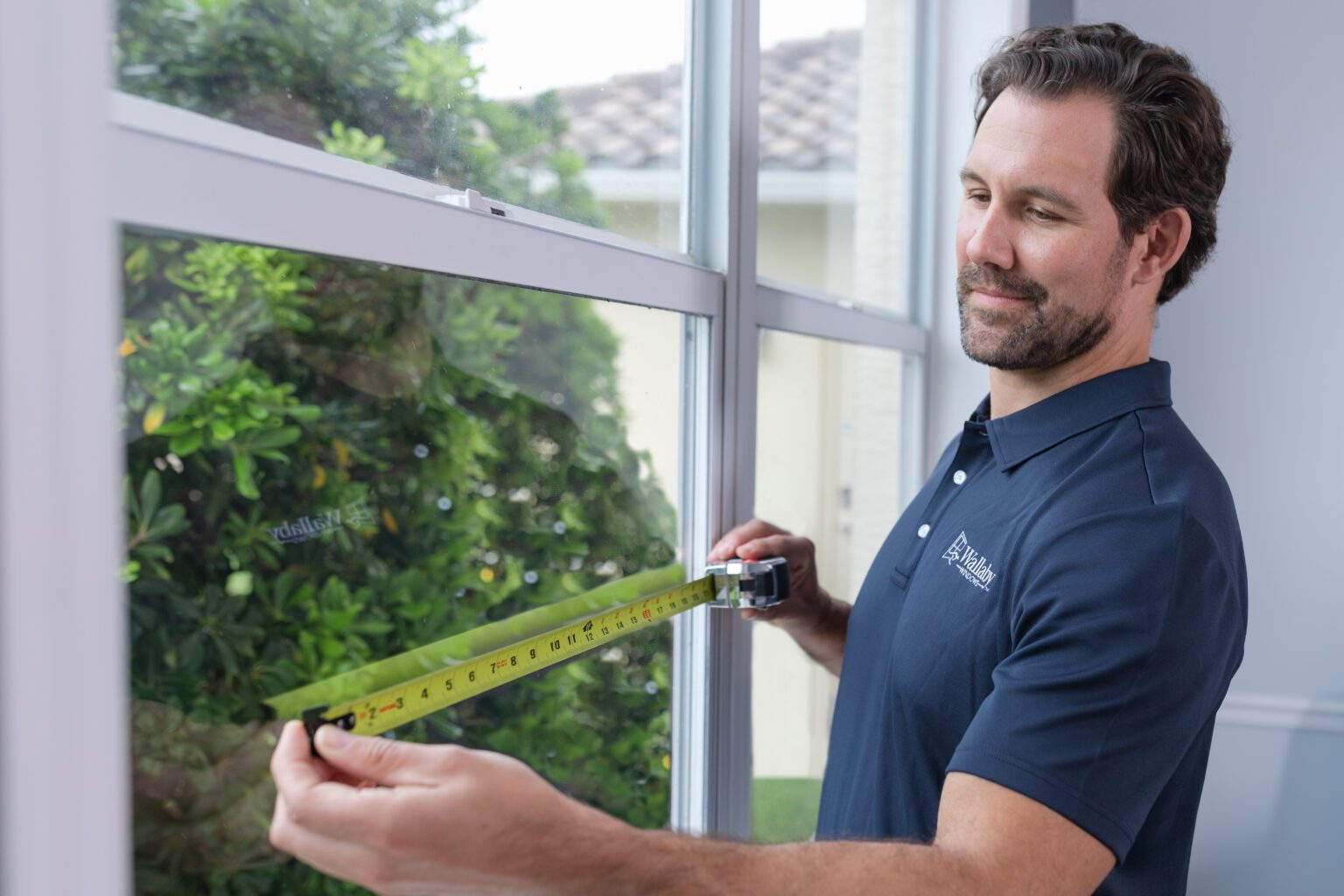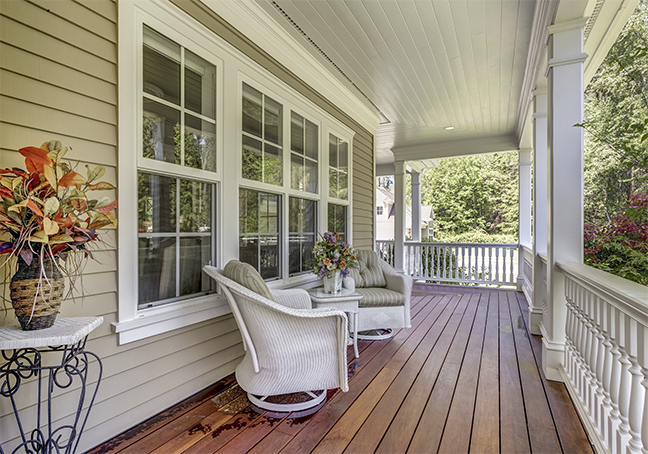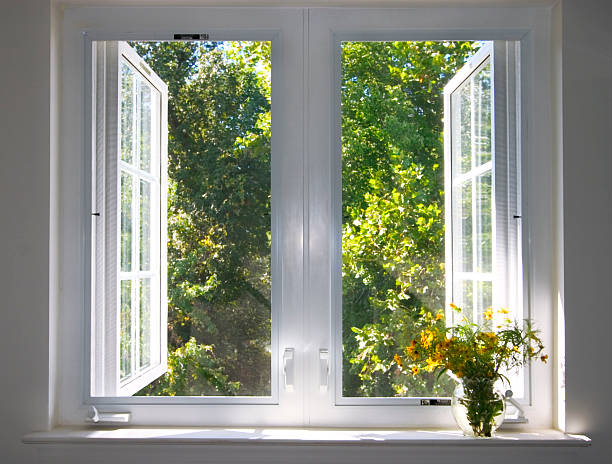Homeowners in Atlanta often face a decision that blends comfort, cost, and sustainability: should you invest in energy-efficient windows or stick with standard options? The answer isn’t just about immediate price differences, it’s about long-term performance, resale value, and how your home operates in every season.
Energy-efficient windows are engineered to reduce heat transfer, block harmful UV rays, and stabilize indoor temperatures. Over time, these benefits translate into measurable savings on utility bills and reduced wear on HVAC systems. Standard windows, while typically cheaper upfront, can become liabilities as energy costs rise and climate demands shift.
What Are the Real Cost Savings of Energy-Efficient Windows?
The initial cost of energy-efficient windows is higher, but that investment begins to return value almost immediately. Homes in Atlanta that upgrade to double-pane or Low-E glass often see monthly energy bills drop by 10 to 25 percent, depending on insulation and climate conditions. That’s not just savings, it’s control over your long-term expenses.
Beyond the utility bill, energy-efficient windows can qualify for tax credits and local rebate programs in Georgia, improving the total ROI. Meanwhile, standard windows rarely offer such incentives and often lead to higher cooling and heating costs year-round.
Do Energy-Efficient Windows Boost Home Value?
Buyers in Atlanta increasingly prioritize sustainable upgrades. According to national real estate data, homes with energy-efficient features like upgraded windows tend to sell faster and for more money. Realtors often highlight these enhancements as premium selling points, especially in eco-conscious or high-utility-cost regions like the Greater Atlanta metro area.
Standard windows, in contrast, offer little differentiation and may even raise red flags in home inspections, particularly if they show signs of condensation, drafts, or outdated construction.
Are There Installation Differences That Matter?
Energy-efficient window installation typically requires professional handling to ensure airtight seals and proper alignment with modern frames. While the process can be more detailed than with standard windows, it prevents future air leaks and moisture damage. Certified installers in Atlanta ensure compliance with local building codes and energy efficiency standards.
Standard windows might be quicker to install but are more prone to misalignment, which can lead to costly adjustments later. The upfront convenience often doesn’t outweigh the long-term drawbacks in performance.
How Do They Perform in Extreme Weather?
In climates like Atlanta’s where winters are usually mild and summers are sweltering and humid, energy-efficient windows offer year-round stability. Their insulated glass units (IGUs) and weather-resistant coatings block temperature shifts and condensation buildup, protecting interiors and reducing HVAC strain.
Standard windows lack these protective technologies, making them more susceptible to fogging, air leakage, and poor thermal performance, especially noticeable during peak seasons in Atlanta.
What’s the Bottom Line?
Choosing between energy-efficient and standard windows is more than a budget question. It’s a choice between a short-term fix and a long-term gain. In Atlanta, where energy costs and property values continue to fluctuate, investing in energy-efficient windows provides real, tangible returns that extend well beyond aesthetics.
If you’re planning a renovation or building new, consult a certified installer in Atlanta to explore options tailored to your climate and home layout. The right choice could mean lower bills, higher comfort, and increased property value—starting the moment they’re installed.



